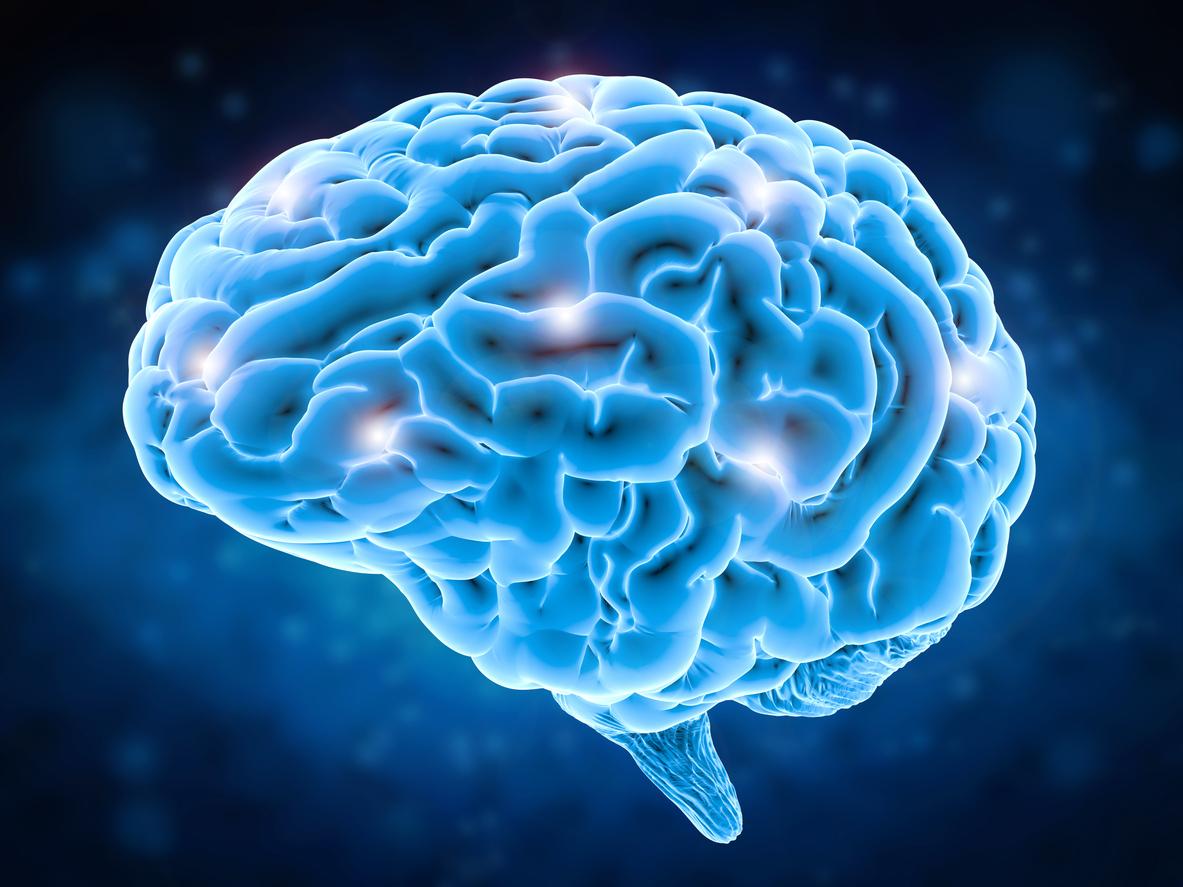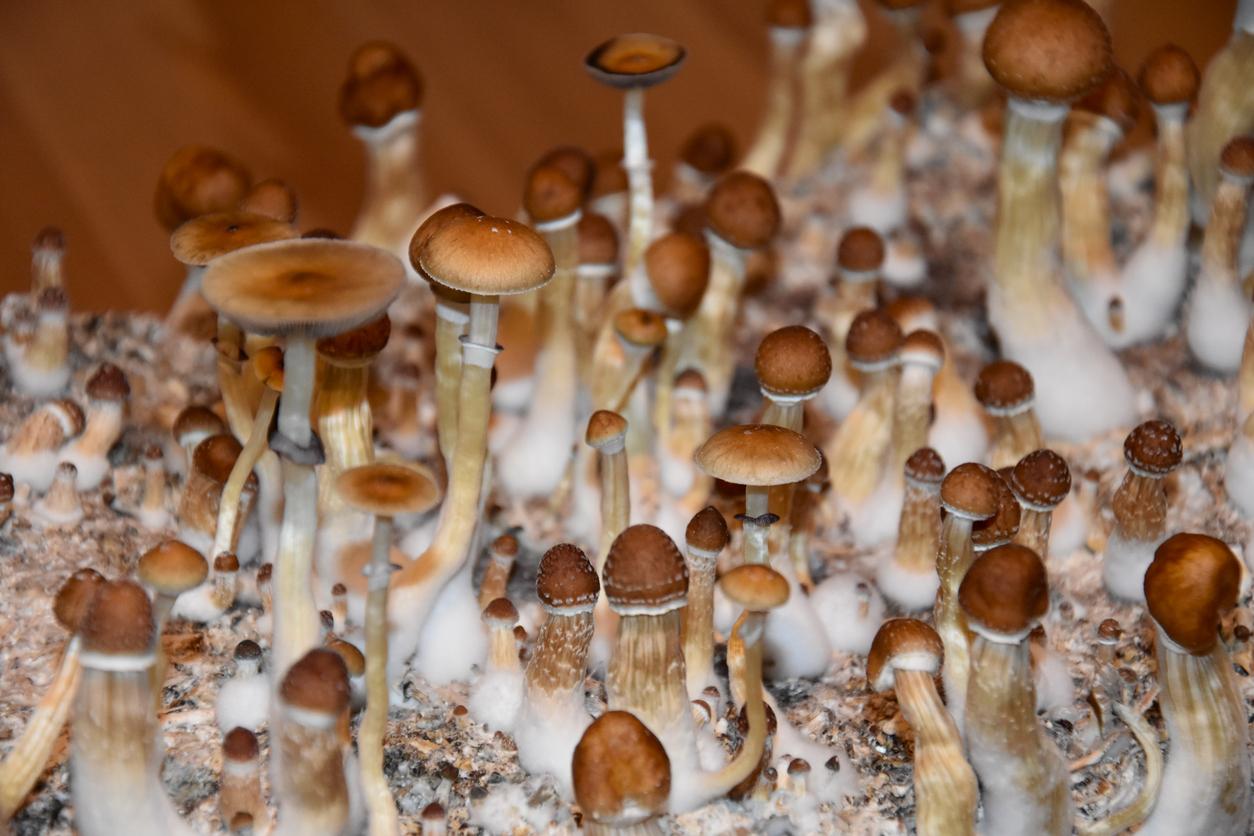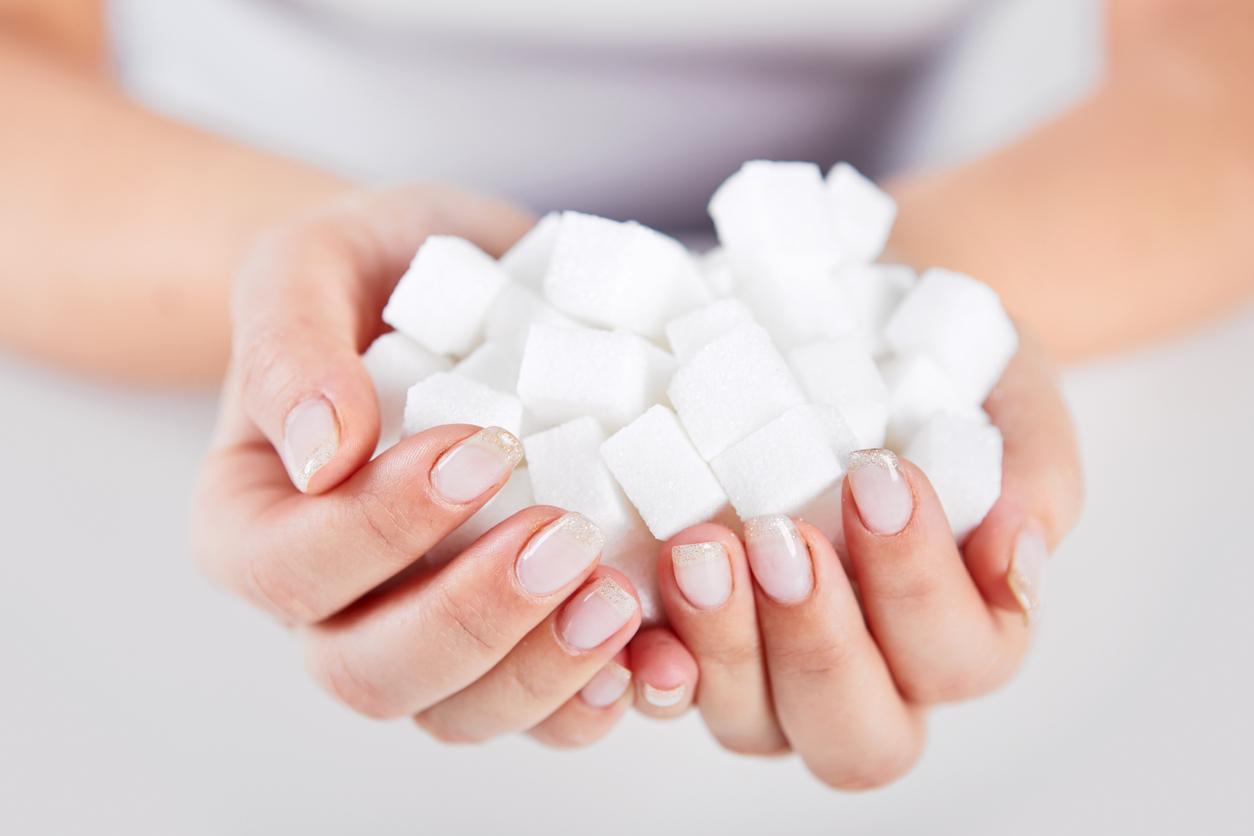“Spleen when the low and heavy sky weighs like a cover ….” said Baudelaire. But depression is not the prerogative of poets, we are also numerous to suffer these blues that undermine us, especially during the short and dark days of winter. A British psychologist has also established that the most depressing day of the year would be … the third Monday in January!
According to Dr François Duforez, associate practitioner APHP, founder of the European Sleep Center in Paris, “about 3% of people suffer from depression; 6% of seasonal depression and 15% feel a disorder, discomfort, embarrassment in their daily life: they do not feel well. “The end of year celebrations have passed, we still hibernate warm in groundhog mode? a bad thing and it can be sweet to learn to live with the seasons.
“Winter is a period of withdrawal into oneself, we withdraw from things, we are in a cocooning phase, it is important to take the opportunity to reconnect with oneself, with one’s body and with one’s well-being”, advises the coach Sophie Machot (author of the book “Cultivez votre bonheur”, published by Eyrolles and the blog concentredebonheur.unblog.fr), who tells that an Australian nurse had noted in her career the regrets expressed by people at the end of their life and one of those that struck her the most was this: “I wish I had allowed myself to be happier”.
Some are more exposed than others
“The most affected people by depression are people with strong emotional reactivity “, explains Dr David Gourion, psychiatrist. Emotional, they are very sensitive to negative emotions such as sadness. However, when one is very emotional and that one is subjected to an event stressful, even minimal, you are more likely to develop an anxious reaction.
But there are protective factors that prevent depression: it is not the same if you are alone or in a united couple; if you have a loving or toxic family. The professional environment also plays a role. These protective factors are powerful and they can be enough to protect us from these blows of depression, but if we combine a hypersensitive temperament, a family history of depression and an unpleasant emotional environment, then the stressful event is likely to be more. difficult to manage.
Our environment matters a lot
We can compare our brain to a car, of which dopamine is the engine, that is to say energy, pleasure; noradrenaline would be the steering wheel that would give us the direction to follow and serotonin, the car alarm that would warn us of danger. Our environment plays a major role in the proper functioning of these neurotransmitters. Stressful, it will slow down serotonin: we will then tend to hypersensitivity. If dopamine is curbed, it is engine failure. This occurs especially in the context of an unrewarding environment, conducive to frustration where one has the feeling of acting out of duty. A lack of noradrenaline occurs especially in a complex environment, with a lot of information to manage. Hence the need to take care of oneself with kindness, to surround oneself well. Even when it’s all about the winter blues.
When to consult? A blues that lasts can sometimes mask a more serious problem. Regardless of the treatment chosen, if the symptoms persist or worsen after a week or two, it is best to consult your general practitioner.
Depression, burnout or depression, how to tell the difference?
The depression is a normal reaction of our psyche in the face of a difficult situation, a stress. But this reaction following an annoyance or a disappointment should not last more than two or three days, beyond that, you have to be attentive. The depressionIt is characterized by an accumulation of symptoms (at least five in all) including: sadness, intense fatigue, total loss of libido, sleep disturbances, loss or increase in appetite and thoughts black people against whom we can not fight.
The major depression is not necessarily due to a concrete event: it is the famous “however, I have everything to be happy”. the burn out is also a real depression, in the form of physical exhaustion often linked to an exhausting or toxic professional context.
To read :
8 recipes to avoid the seasonal blues
Why light is vital for our health
Light therapy: are lamps really effective?
Subscribe to the Top Santé Newsletter to receive the latest news for free


















